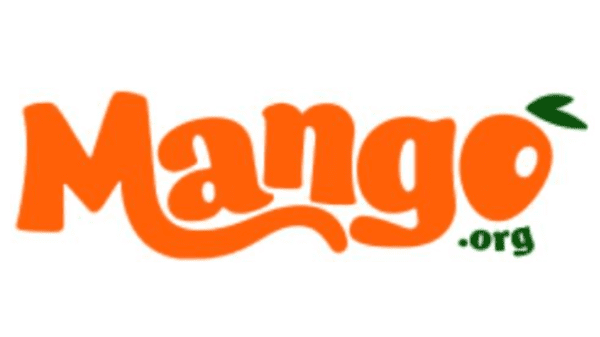
November 28, 2023 — The U.S. Department of Agriculture today announced the appointment of seven members to serve on the National Mango Board BB #:189894.
The member appointed for the first handler position will begin their term immediately and serve until Dec. 31, 2024. All other appointees will serve three-year terms, effective Jan. 1, 2024, through Dec. 31, 2026.
The newly appointed members are:
- District II Importer: Jiovani Guevara, Phoenix, Arizona
- District II Importer: Christopher A. Ciruli, Tubac, Arizona
- District II Importer: Rodrigo Diaz, Rio Rico, Arizona
- Domestic Producer: Rod Chamberlain, Mecca, California
- Foreign Producer: Karla Leticia Palafox Garcia, Michoacan, Mexico
- Foreign Producer: Sofia Wong, Piura, Peru
- First Handler: Luis Gabriel Cintron, Miami, Florida [1-year term]
The National Mango Board has 18 members, including eight importers, one first handler, two domestic producers, and seven foreign producers. Members can serve up to two consecutive three-year terms.
More information about the board is available on the Agricultural Marketing Service (AMS) National Mango Board webpage.
Since 1966, Congress has authorized the development of industry-funded research and promotion boards to provide a framework for agricultural industries to pool their resources and combine efforts to develop new markets, strengthen existing markets and conduct important research and promotion activities. AMS provides oversight of 22 boards, paid for by industry assessments, which helps ensure fiscal accountability and program integrity.
AMS policy is that diversity of the boards, councils and committees it oversees should reflect the diversity of their industries in terms of the experience of members, methods of production and distribution, marketing strategies and other distinguishing factors, including but not limited to individuals from historically underserved communities, that will bring different perspectives and ideas to the table. Throughout the full nomination process, the industry must conduct extensive outreach, paying particular attention to reaching underserved communities, and consider the diversity of the population served and the knowledge, skills and abilities of the members to serve a diverse population.
November 28, 2023 — The U.S. Department of Agriculture today announced the appointment of seven members to serve on the National Mango Board BB #:189894.
The member appointed for the first handler position will begin their term immediately and serve until Dec. 31, 2024. All other appointees will serve three-year terms, effective Jan. 1, 2024, through Dec. 31, 2026.
The newly appointed members are:
- District II Importer: Jiovani Guevara, Phoenix, Arizona
- District II Importer: Christopher A. Ciruli, Tubac, Arizona
- District II Importer: Rodrigo Diaz, Rio Rico, Arizona
- Domestic Producer: Rod Chamberlain, Mecca, California
- Foreign Producer: Karla Leticia Palafox Garcia, Michoacan, Mexico
- Foreign Producer: Sofia Wong, Piura, Peru
- First Handler: Luis Gabriel Cintron, Miami, Florida [1-year term]
The National Mango Board has 18 members, including eight importers, one first handler, two domestic producers, and seven foreign producers. Members can serve up to two consecutive three-year terms.
More information about the board is available on the Agricultural Marketing Service (AMS) National Mango Board webpage.
Since 1966, Congress has authorized the development of industry-funded research and promotion boards to provide a framework for agricultural industries to pool their resources and combine efforts to develop new markets, strengthen existing markets and conduct important research and promotion activities. AMS provides oversight of 22 boards, paid for by industry assessments, which helps ensure fiscal accountability and program integrity.
AMS policy is that diversity of the boards, councils and committees it oversees should reflect the diversity of their industries in terms of the experience of members, methods of production and distribution, marketing strategies and other distinguishing factors, including but not limited to individuals from historically underserved communities, that will bring different perspectives and ideas to the table. Throughout the full nomination process, the industry must conduct extensive outreach, paying particular attention to reaching underserved communities, and consider the diversity of the population served and the knowledge, skills and abilities of the members to serve a diverse population.



